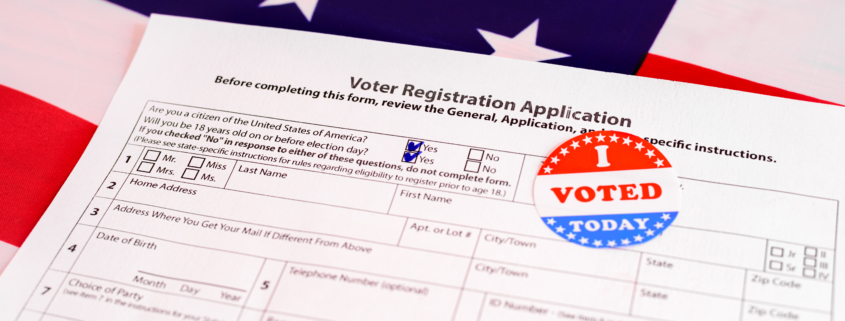6 Days Remaining
Between 2014 and 2016, states removed almost 16 million voters from the rolls, or the list of persons who are eligible to vote in a particular jurisdiction. These numbers are shocking when you think of all of the people who were mistakenly removed and thus unable to vote in their local or the federal elections. And as compared to the numbers between 2006 and 2008, there was a 33% increase in voter roll purging. Unsurprisingly, states with a history of voter discrimination had higher increases, as according to the research done by the Brennan Center for Justice.
Depending on perspective, there are different names for the process of removing people from voter rolls. National Public Radio political correspondent, Pam Fessler, explained that advocacy groups call it voter poll purging, while states call it “list maintenance.” There is widespread debate on what to call it, but, as demonstrated in the numbers compiled by BCJ, the practice disenfranchises voters, many of whom are minorities.
While the American Bar Association writes that states are indeed obligated to keep their voter registration lists up-to-date in canceling registrations of people who have died, are imprisoned, have moved to another state, or become legally incompetent, some states push the boundaries in cleaning up their records to include purging citizens that have not exercised their right to vote in several consecutive elections.
In 2018, the Supreme Court did decide that state elections officials have the right to kick “inactive” voters off registration lists if officials send re-registration reminders. These reminders come in the form of a letter, and if that letter is not responded to with updated information, the name is removed. The removal can be done without further notification, so that if someone was mistakenly taken off the list, they wouldn’t know unless the lists are made public by the state. This is not a unified approach among all 50 states.
It is absolutely essential that every citizen be able to exercise their right to vote. There is a need to advocate for yourself, especially when it comes to issues such as poll purging. Be sure to check your voter registration to make sure that it is up to date before you vote. Some states allow citizens to re-register on Election Day when they go vote in person, but remain informed as to what your specific state’s procedures are.




Leave a Reply
Want to join the discussion?Feel free to contribute!